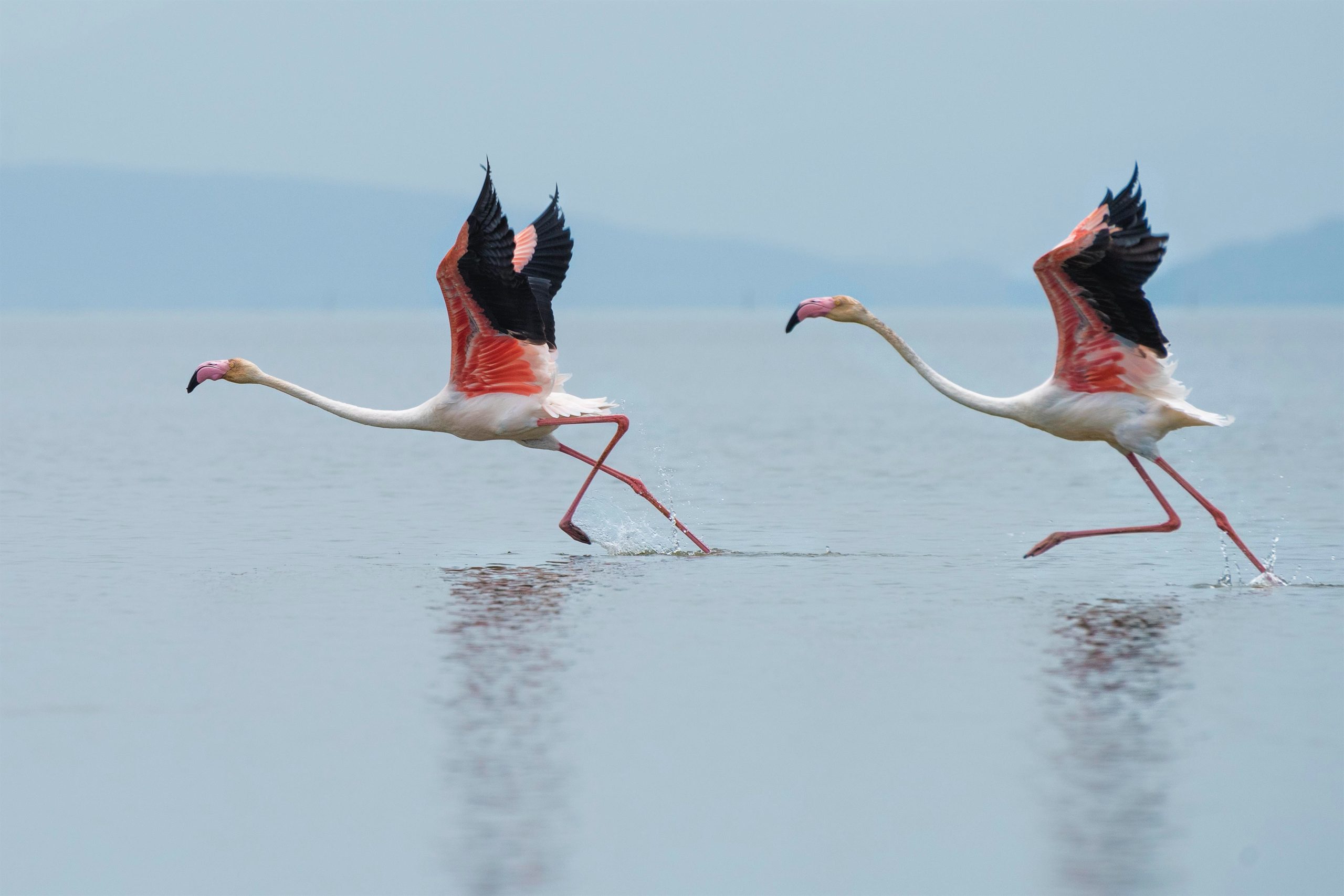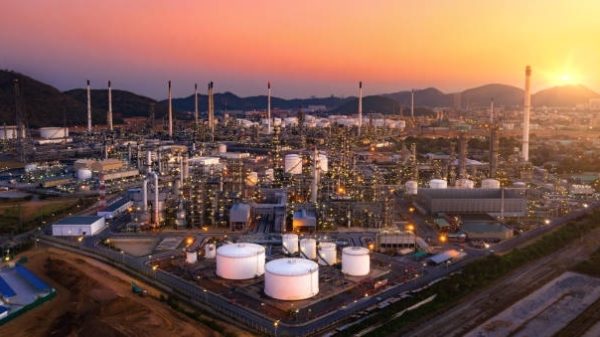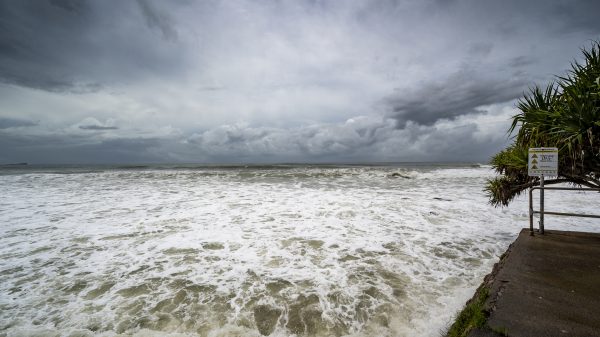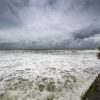Hurricane Idalia’s unexpected arrival of a flood of flamingos last week has left residents grappling with the aftermath of the storm while contemplating its implications for the future.
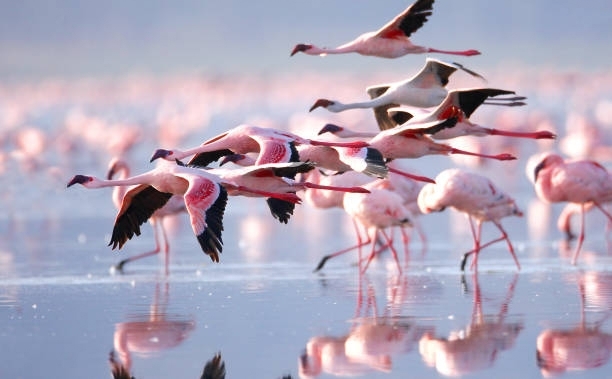
More than 150 flamingos were observed after Hurricane Idalia in ten different states across the nation.
“Hurricane Idalia and its Unexpected Visitors”
Last week, Hurricane Idalia made headlines for a surprising reason – it brought a flood of flamingos to the nation. While residents are dealing with the aftermath of the hurricane, they are also thinking about what this means for our future. This hurricane season has been quite active, with Hurricane Lee in the Atlantic and Hurricane Jova in the Pacific. Idalia caused a lot of damage in Florida, Georgia, and the Carolinas, showing us that hurricanes can both give and take away.
After Hurricane Idalia, more than 150 flamingos were spotted in ten different states across the country. These exotic pink birds were seen as far west as Texas and as far north as Pennsylvania and Ohio. People who love wildlife and photography were excited to see them, but wildlife officials are warning everyone to give the birds some space. Organizations like Florida Audubon are hopeful that the flamingos will stay and start a breeding colony in Florida for the first time in a hundred years. It is believed that the birds were picked up from a breeding colony in the Yucatan, where Hurricane Idalia stayed for several days.
While the flamingos brought wonder, Hurricane Idalia also left destruction behind. In Florida, the storm washed away 20% of the sea turtle nests that had been found at Navarre Beach and Pensacola Beach. This has been a tough season for sea turtle conservation, with the director of the Navarre Beach Sea Turtle Conservation Center saying it’s the worst in over 25 years. The impact of hurricanes on Florida also raises concerns about insurance availability in the state.
READ ALSO: Most Dangerous Neighborhoods In Detroit 2023 Update
“The Effects of Climate Change”
We are starting to see the effects of climate change more and more, especially with this summer being the hottest on record. Scientists say that the rising temperatures are causing these extreme weather events. Another heat wave hit the mid-Atlantic and Northeast, making many people worry even more. August 2023 was also the hottest August ever recorded, with ocean temperatures reaching unprecedented highs. A recent poll showed that 20% of Americans fear they may have to move because of climate change, and 68% believe that extreme weather events will become more common in the near future.
In Juneau, Alaska, residents are experiencing the personal impact of climate change as the Mendenhall Glacier, one of the city’s main tourist attractions, is rapidly melting away. The glacier is retreating so much that it might soon be invisible from its visitor center. The city is struggling to manage the influx of tourists and traffic from cruise ships that come to see the disappearing natural wonder. Additionally, a new study has shown a direct link between greenhouse gas emissions and a decline in polar bear cub survival, highlighting the devastating consequences of climate change.
READ ALSO: Miami Tailored Car Insurance: Addressing Special Driving Risks In Miami



